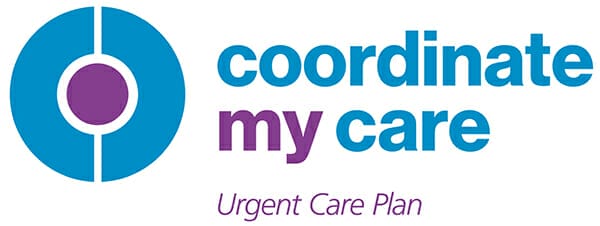Help us to help you! As a nation, the art of having difficult conversations around advance care planning does not come easily. What would your thoughts, wishes and preferences be if you were in a life-threatening situation in the future? We need to know your wishes and preferences. By sharing them with us, you will help us to help you in an emergency.

Julia Riley, Clinical Lead at digital NHS advanced care planning service Coordinate My Care (CMC), says: “As Londoners, we can take control of our own urgent care and help the urgent care services to help us by recording our wishes and preferences on MyCMC. From who’s important to me, my resuscitation views, my preferred place for care at the very end of life and even who should care for my pets in an emergency. You could help the emergency services by sharing your important information with them.”
Dr Louise Robinson, Consultant in Palliative Medicine at the Trust, says: “CMC enables healthcare staff to not only rapidly access urgent care plans about our patients but, most importantly, enables us to know what matters most to them. This may include preferences around how and where they would want to be cared for. This facilitates continuity of care for our patients and those who are important to them.”
By going on to MyCMC (www.MyCMC.online), you can fill out a digital questionnaire and tell us how we can help you. This questionnaire will then automatically go to your GP who can add your diagnosis, medications, and their clinical advice on future care management. Your GP will then approve your completed plan and it will become available as a secure digital CMC plan immediately. Your CMC plan can then be viewed by all the urgent care services—111, out of hours GPs, the ambulance service, and the emergency department.
Questions you can expect to answer in a MyCMC questionnaire
MyCMC Help Video from Coordinate My Care on Vimeo.
Sharing your information about your wishes helps us to manage the demand on emergency services, aids ambulance crews regarding conveying you to hospital or not, supports treatment and escalation and reduces re-admissions. Critical information about you at the right time will help the urgent care services to support you in the best way possible and may prevent you from unnecessarily being admitted to hospital if they can treat you at home.
